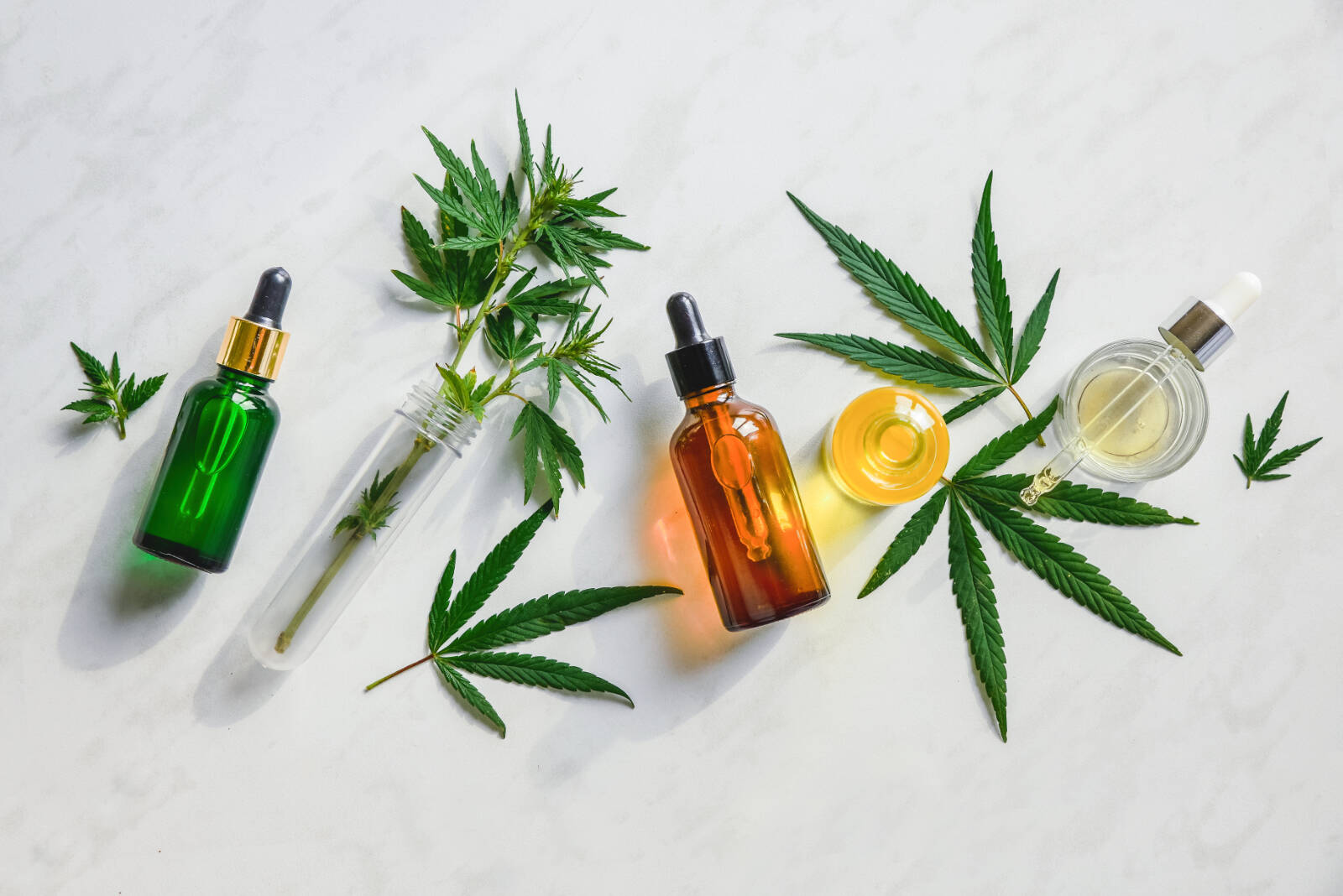When chronic back pain began to affect my ability to get a good night sleep, I joined the unlucky club of North Americans haunted by sleep challenges.
In fact, studies suggest that 50 to 70 million adults in the U.S. along suffer from symptoms of a sleep disorder.
And the implications of that reach beyond fatigue, impacting physical and mental health, safety, creativity and more.
Many people find cannabis to be effective as a sleep aid and to restore a natural sleep cycle, however, there are many factors to consider.
Whether or not to use cannabis as a sleep aid or to help regain a natural sleep pattern is a highly personal decision.
Used on a short-term basis, cannabis can help you fall asleep faster, but it’s not generally recommended to use sleep aids of any kind on a long-term basis.
Taking cannabis that contains higher levels of THC (the main psychoactive cannabinoid) before bed can cause diminished time in REM sleep, as well as sleepiness and memory impairment the next day. Since all sleep cycles are important for healthy rest and functioning, this is an important aspect of its effects to consider.
However, studies show that when moderate and equal amounts of THC and CBD (cannabidiol) are taken before sleep, REM sleep is less affected, and residual sleepiness the next day appears to be counteracted by the CBD.
READ MORE: The great sleep debate: How can cannabis help?
Cannabis works differently for everyone
It’s important to note that everyone’s physiology is different, and not all strains of cannabis work for everyone the same way.
You might find that strains high in THC make you more anxious or paranoid. You should experiment to find which strains work best for you.
Dosage and timing are also important factors to consider. Start by taking just a little to see how it makes you feel, and increase the dosage as needed.
READ MORE: CBD teas becoming popular way to soothe anxiety, lessen insomnia
From personal experience, when I began taking cannabis for back pain and its associated sleep loss, I started with two doses of 10 mg CBD per day (<1%THC). When increased to 15 mg, I found it caused too much sedative effect, and pulled back to 10 mg. Because everyone reacts to cannabis differently, it’s always a good idea to “start low and go slow.”
Timing is also important especially when using edibles, as the effect can take one to three hours to kick in, and can last up to 12 hours. It’s recommended to take edibles at least an hour before bed.
Cannabis also contains terpenes – chemicals that can have a sedative effect, and are found in many other plants like citrus fruits, herbs and flowers. Finding the right combination of terpenes and cannabinoids is key to finding the right cannabis supplement for your particular needs and physiology.
Because of the wide array of products and the ability to purchase in small amounts, experimenting with the right products and percentages is easy. I find that keeping the THC percentage low enables me to have deep sleep for several hours, followed by a shorter period of dream-filled REM sleep, helping me to be sharp and alert the next day!
READ MORE: Does CBD get you high? This and other common questions answered
Find the latest must-read stories from the cannabis world at canadianevergreen.com, your go-to source for news, trends, products and lifestyle inspiration from the cannabis community and beyond. You can also follow us on Facebook and Instagram and Twitter.

